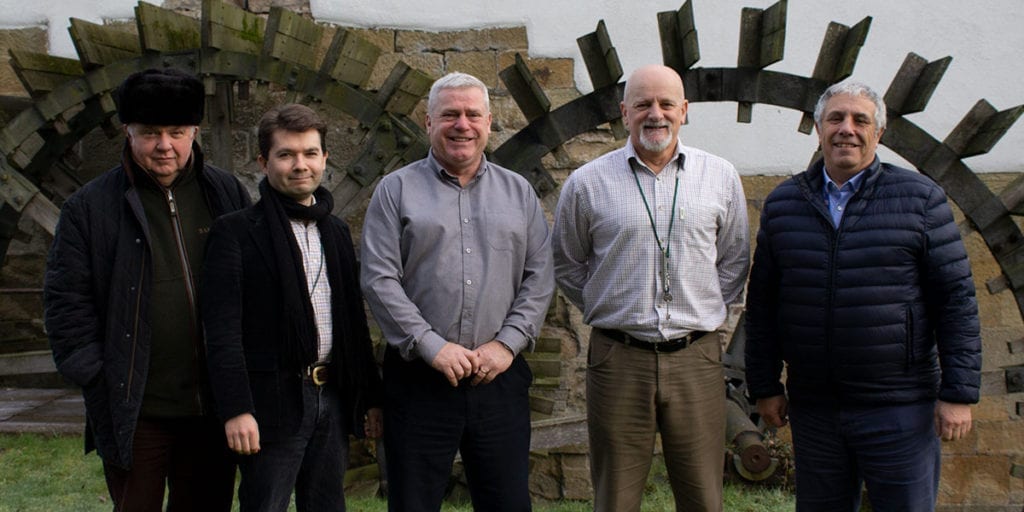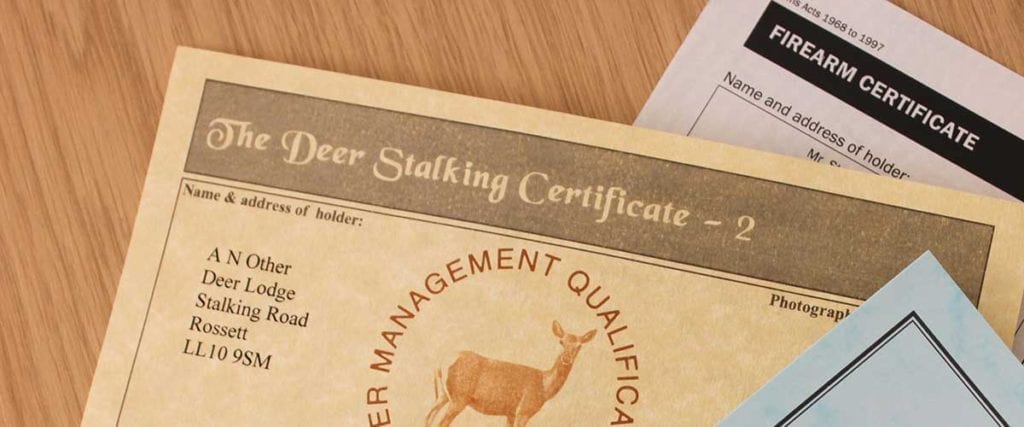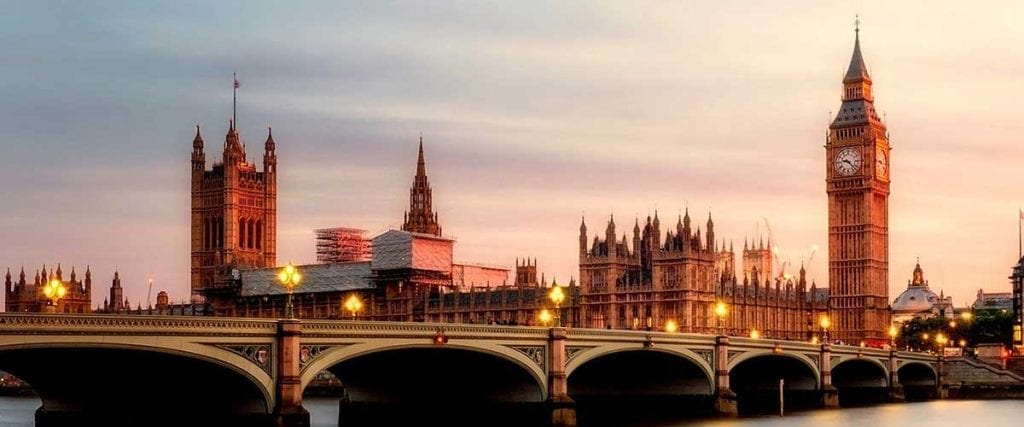Behind the scenes
Bill Harriman explains the role of the BASC firearms team – one of the association’s busiest departments.
There are seven of us whose collective experience in all aspects of firearms matters – legal, practical use and technical – extends to more than 250 years.
Many have previously worked in police firearms licensing, so we can see things from a police viewpoint as well as that of a shooter. And we understand how the police service works, which is a great asset when providing tailored advice to a member.
In 2018, the team dealt with nearly 8,000 enquiries from members. Last year we received more than 10,000. We know from member satisfaction surveys that after insurance cover, the provision of expert firearms advice is the main reason why people join BASC.
The BASC membership database records all firearms inquiries, the advice given and who gave it. This ensures that continuity as a member’s case progresses. The database is also an important intelligence gathering tool as it records trends – nationally, regionally and within a licensing department.
BASC prides itself on being evidence-led. The ability to produce hard data at a police Independent Advisory Group (IAG) meeting is a very powerful tool when holding the police to account.


Medical verification

Certificate renewals
Another major issue is delay in renewing certificates. Too many police forces leave people in the unlawful possession of firearms by not dealing with administrative backlogs. Some progressive forces have implemented risk-assessed renewals which cut out expensive and time-consuming home visits. This allows them to concentrate on the problematic two per cent of applications.
However, I have no time for those forces who are risk-averse and will not accept the reality that cuts bring. They will find their feet held to the fire when I write to their Police and Crime Commissioners, armed with statistics about their failings.
Condition on firearms certificates
The third biggest gripe is the imposition of conditions on firearm certificates. According to the Firearms Act 1968, police should not normally seek to impose conditions, yet some forces routinely do. We can and do help members challenge unduly restrictive conditions.

Influencing decision makers
The other main limb of the team’s work is attempting to influence decision makers at every level. At the highest echelon this involves attending meetings with Home Office ministers to provide technical and legal back-up for BASC’s lobbying efforts.
The other end of the spectrum could involve a team member doing a spot of advocacy with a firearms enquiry officer (FEO) for an individual member. In between, there are advisory group meetings, training of FEOs, wildlife crime officers and others, as well as myriad other activities such as Home Office working groups, meeting new licensing managers and preparing firearms appeals and other court cases.

Responding to government consultations
In the last 18 months, BASC has responded to government consultations on proposed legislation including offensive weapons (knives and .50 cal rifles), air weapons, statutory guidance and antique firearms. Our arguments are informed by the firearms team’s collective knowledge and experience.
The team works closely with our colleagues in BASC’s communications department, writing articles, preparing a blog or social media comment, helping to draft a press release or just providing a briefing on the firearms aspect of a wider story. Some of us are media trained and will appear on TV or radio if the balloon goes up.
If you need help with a firearms issue, contact the team on 01244 573 010. You must be a BASC member to get free advice.
